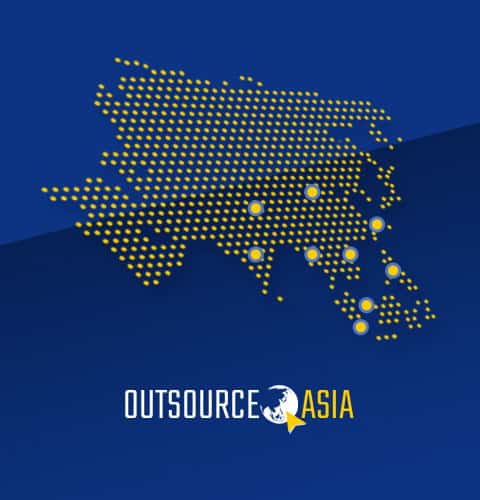Outsourcing has always been and will always be a reliable way for companies to cut costs while still attaining quality services. When the economy is doing well, business expansion is seen as an opportunity, and the most efficient way to achieve that is through outsourcing. Alternatively, outsourcing also became a solution for corporations that were pushed to significantly decrease their costs such as labor to avoid losses due to the current state of the economy. These, along with the variety of services now being offered including data analytics, healthcare, and software development, allow the Philippine BPO sector to remain a stable industry.


